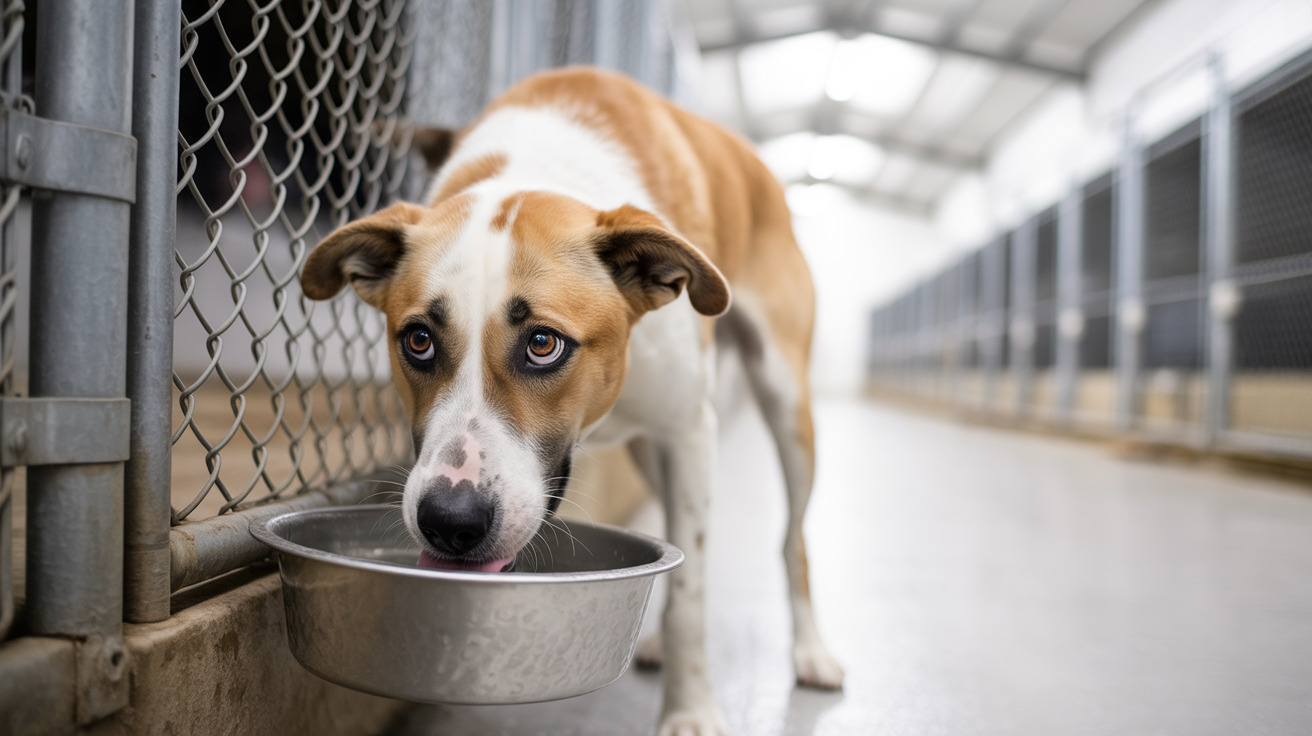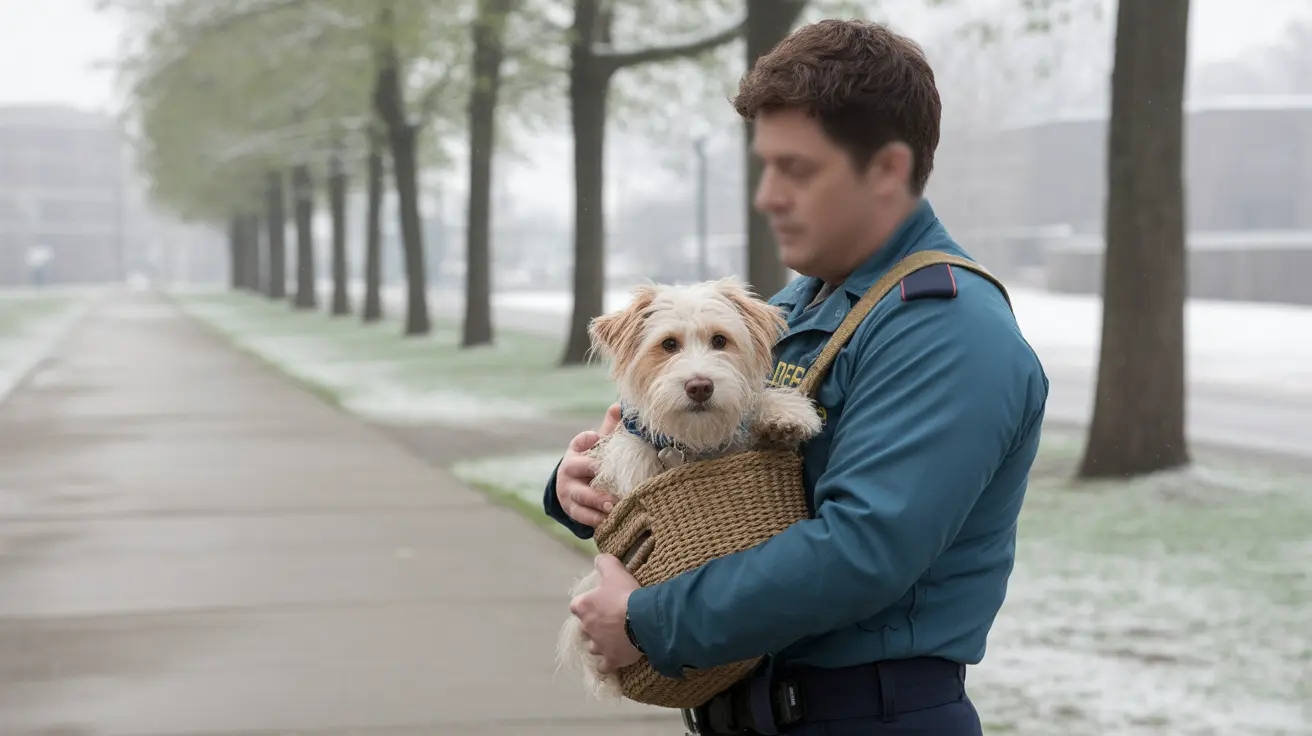Can Dogs Have Cheese? What Every Pet Owner Should Know
Cheese is a common human snack that many dog owners consider sharing with their furry companions. While not inherently toxic to dogs, cheese must be offered with caution and awareness. In this article, we explore whether dogs can safely consume cheese, which types are safer, potential health risks, and veterinarian-recommended guidelines for cheese as a treat.
Is Cheese Safe for Dogs?
In small amounts, certain cheeses can be safe for dogs, as long as the dog does not exhibit lactose intolerance or other dietary sensitivities. Cheddar, mozzarella, and cottage cheese generally contain lower levels of lactose and can be easier for some dogs to digest.
Health Benefits of Cheese in Moderation
- Protein Source: Cheese can offer a good boost of protein to your dog’s diet.
- Calcium: Some cheese types supply calcium, which helps maintain strong bones and teeth.
- Treat and Training Aid: Many trainers use pea-sized cheese cubes to reward dogs during lessons due to its palatability and appeal.
Risks of Feeding Cheese to Dogs
Despite potential benefits, cheese carries health risks if consumed in excess:
- High Fat Content: Full-fat cheese can contribute to pancreatitis if overfed, especially in smaller breeds.
- Lactose Intolerance: Some dogs lack lactase, the enzyme needed to digest lactose, leading to gas, bloating, and diarrhea.
- Added Ingredients: Many cheese products contain garlic, onion, herbs, or seasonings that are highly toxic to dogs.
- Caloric Load: Cheese is calorie-dense and can easily contribute to weight gain if it exceeds 10% of a dog’s daily diet.
What Types of Cheese Are Best?
Not all cheese is created equal when it comes to your dog’s health. Safer options include:
- Low-fat mozzarella – lower in fat and less lactose than other varieties.
- Plain cottage cheese – offers high protein with moderate calories and lower lactose content.
- Cheddar cheese – less lactose and often well-tolerated in small amounts.
Dangerous varieties include:
- Blue cheese: Contains Roquefortine C, which is toxic to dogs.
- Flavored cheese: Often includes onions, garlic, or other additives.
- Processed cheese: Contains high sodium, artificial ingredients, and preservatives.
How Much Cheese Can Dogs Have?
Use the following rules to safely offer cheese:
- Small serving sizes: Limit to a few bite-sized pieces for small dogs, and no more than an ounce for large breeds.
- Check for reactions: Start with a small amount and monitor for digestive issues.
- Follow the 10% rule: Treats, including cheese, should make up less than 10% of the dog’s daily caloric intake.
Cheese Alternatives
- Plain cooked chicken breast
- Baby carrots or cucumber slices
- Homemade dog treats with limited ingredients
- Commercial dog cheese snacks formulated for canine digestion
When to Avoid Cheese
Do not feed cheese if your dog:
- Has had previous adverse reactions to dairy
- Is prone to pancreatitis or already overweight
- Is on a special veterinary diet that restricts fat or dairy
- Has food allergies that include dairy proteins
What to Do If Your Dog Reacts Poorly
If your dog experiences signs like vomiting, diarrhea, abdominal pain, or lethargy after eating cheese, contact your veterinarian immediately. For minor issues, a bland diet and hydration may help, but professional care is always advised for persistent symptoms.
Conclusion
Yes, dogs can have cheese in moderation, but owners must choose types carefully and limit portions. Avoid fatty, processed, or seasoned varieties, and observe for lactose intolerance. When used wisely, cheese can be a tasty, protein-rich treat. As with all treats, balance is key to maintaining a healthy diet.





